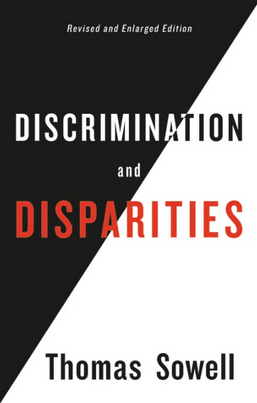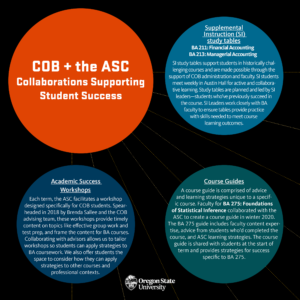I coordinate the Academic Success Center’s ALS 116: Academic Success course. In making course updates for fall term, I’ve tried to learn from spring and summer and to continue or prioritize updates that center students’ needs and demonstrate support.
I’ve made changes in large part based on what I’ve heard from students in class and what we’ve learned from OSU’s spring and fall student surveys—indicating that now more than ever, students need us to be mindful of workloads, policies, and personal needs. We can do this best from a point of connection and empathy.
Here are a few changes I’ve made to better support students in the sections I teach or coordinate.
Reference basic needs in multiple places.
Many students do not have access to basic needs like groceries, housing, and health care. Acknowledging this reality and responding can demonstrate you’re aware of what students are experiencing and are interested in supporting them. You can acknowledge basic needs in a syllabus statement, Canvas resource page, or announcements during/outside of class.
Incorporate a Where Do I Go for Help? page into the Canvas site.
This page from the Center for Teaching and Learning’s Remote and Blended Teaching Canvas template lists a variety of resources available to support students this term.
Create flexible policies.
Students value—and need—flexibility and understanding right now. I’ve removed all penalties for late work and emphasize communication when possible. I also note that I trust students to decide if they need more time on assignments; no justification or explanation is ever needed/required.
Offer sample language for asking for help.
Sometimes it’s hard to know what to say! Sample language can take stress off students who may be struggling to figure out how to reach out. By posting brief sample language in announcements, it’s easier for students to start an email and communicate what they need.
Make it easy to connect outside of office hours.
Whether this is email, Canvas chat, meetings, or another option, students benefit from having multiple ways to connect. One tool I’m trying is Bookings which is great for setting up meetings without the back-and-forth of finding a time via email. You can set meeting types and durations, sync with Outlook, and hold blocks of times for students to schedule.
These are just a few ways to support students. There are so many others! If you’re considering a course change or want to think about outreach or messaging to support your students this term, please reach out! I’m happy to connect via Zoom or Teams. You can also visit the ASC’s Campus Partners page or our Fall 2020 Toolbox for more strategies and resources to share with students.








